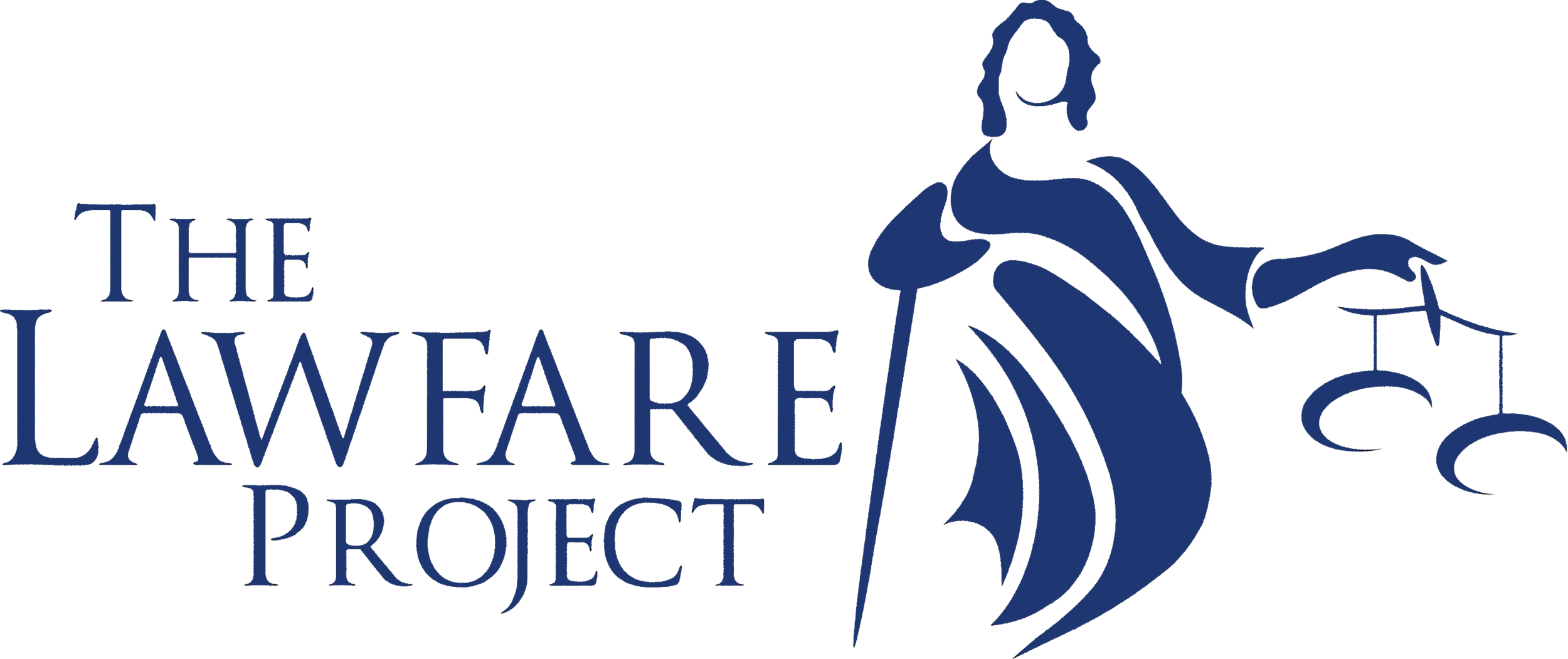EU government veteran falsely accused of espionage for Israel, fired from diplomatic service
An attorney and longtime EU official, known as “Eva” for her protection, was subjected to a relentless campaign of antisemitic harassment by her employer, the European External Action Service (EEAS), the diplomatic service and combined foreign and defense ministry of the European Union. The harassment began with unfounded accusations that Eva was engaged in espionage on behalf of the State of Israel, a baseless charge aimed at removing her from her role in the Middle East peace process. Despite a complete lack of evidence, these malicious rumors were spread widely, causing significant harm to her career.
For years, Eva endured invasive security and disciplinary processes designed to break her down. Initially, she was accused of espionage—an old, antisemitic trope suggesting dual loyalty to Israel. When these claims were debunked, new charges emerged, including misconduct, absenteeism, and failure to perform her duties. None of these accusations were supported by any credible evidence, yet they were used as a pretext to withhold her salary and eventually dismiss her from the EEAS, despite Eva’s successful defense against the baseless charges. Eva's repeated requests for an impartial investigation into the discrimination she faced were ignored, and the EEAS instead criticized her for raising what it dismissed as "baseless" claims of antisemitism.
In a landmark victory, the Court of Justice of the European Union (CJEU) ruled on March 3, 2022, against the EEAS in a case regarding antisemitic harassment and discrimination. This lawsuit was one of seven that Eva has filed against her former employer, all stemming from the same campaign of targeted harassment. The specific case challenged the EEAS’s withholding of Eva’s salary due to alleged "unauthorized absence," despite evidence that she was present at work on the dates in question. When this fact became clear, the EEAS shifted its argument, claiming that although Eva was physically present, she had failed to perform her duties—a claim for which the EEAS provided no supporting evidence. The CJEU ruled in Eva’s favor, ordering the EEAS to reimburse the unlawfully withheld salary with interest, emphasizing that one cannot be both present and absent at the same time and rejecting the EEAS’s contradictory claims.
This ruling represents a significant victory for Eva, who has been subjected to seven years of malicious targeting by the EEAS. From the onset of the espionage accusations to the continuous cycle of unfounded misconduct charges, the case highlights the systemic antisemitism within the EEAS. Despite her successful debunking of every allegation, the EEAS persisted in its retaliatory actions against her, culminating in her wrongful dismissal.
“This decision represents a significant victory for Eva,” said her lawyer, Éric Boigelot. “However, we would have been fully satisfied if the CJEU had explicitly addressed the antisemitic discrimination and harassment that unquestionably underlies the EEAS’s actions.”
Eva’s fight for justice continues. The CJEU will soon hear another case challenging her dismissal from the EEAS, which will provide another opportunity to address the underlying antisemitic discrimination head-on. In the meantime, this ruling directly delegitimizes the EEAS’s actions and undermines its credibility.
The Lawfare Project is proud to support Eva in her ongoing quest for justice—not only for herself but for the Jewish community at large. Her courage in standing up against institutionalized antisemitism serves as a powerful reminder that such discrimination will not go unchallenged.
